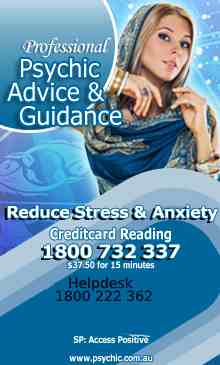Anger and Stress Management
Anger and stress are two inter-generative mental traits. Anger is only a symptom of stress, a manifestation of stress denial Anger management, therefore, is simply an aspect of the stress management.
In a survey, 43% of the people admitted to becoming angry with others very easily, 31% confessed that they lost their sense of humor due to work pressure and the remaining 26% face difficulty in taking decisions due to stress.
While stress at a certain level may be essential to motivate a person to work and face challenges, too much of it becomes distress and causes both physical and mental damage to the person. It leads to a “flight or fight” reaction. When we react too strongly and let the series of stressful situations accumulate, we may run into physical and psychological problems which may include gastrointestinal problems such as diarrhea or nausea, headaches, depression and habits like overeating, alcohol drinking, smoking or using drugs and so on. All these manifestations may cause anger which can be degenerative and even suicidal.
Some of the important steps to manage your anger and stress are:
Exercise
A regular exercise is probably one of the best techniques to reduce anger and stress. Exercise relaxes the muscles of your brain and body which become taut with anger and the stressful situation. It brings more oxygen and sugars into your brain and both of them are needed to clear up the toxic wastes which are created by stressful thinking. Blood and sugars also release endorphins in the blood stream which provide a feeling of happiness and wellbeing.
Pranayam or Controlled Breathing
Pranayam is an exercise that controls the intake and release of your vital life giving breath. It is an effective relaxing technique, a key element in all the yoga exercises and Zen meditation. An important exercise in Pranayam is to inhale the breath, hold it for a tolerable while and release it. It is one of the best exercises to calm down the anger.
Progressive Muscular Relaxation
Allied with Pranayam is the progressive muscular relaxation technique that relaxes the muscles of your body when they are tense. This exercise is a physical counterpart of the breathing exercise in Pranayam. You tense up your muscles so that they get tightly contracted, hold them in the tense state for a tolerable while and release them release them to their original state. An example of this exercise is clenching a fist, holding it for a few seconds and relaxing it to a previous state. This brings deep relaxation in your muscles.
Use of Imagery
We are fully aware that while some environments tax our brain, others please and relax it. We go to mountains, rivers and sea beaches because their sights relax and give us pleasure. The principle behind the use of imagery is to conjure up and recreate the same environment in your mind and experience the same relaxation and happiness.
In imagery you recreate the same images such as the chirping of the birds, the smell of the lavender, the feel of the cool spring water, the warm rays of the sun, and the ebbing and waning tides of the ocean and so on. You hear the same waves, smell the same salt in the air, see the cliffs in the sea and feel as happy and relaxed as if you are actually there.
Meditation
Meditation means thinking and focusing on some happy experience for a sustained period of time. It is based upon the principle that thinking makes us happy and sad. Meditation can bring down the high blood pressure, relaxes the muscles, eliminates the toxic wastes from the body, helps in clear thinking and so on.

